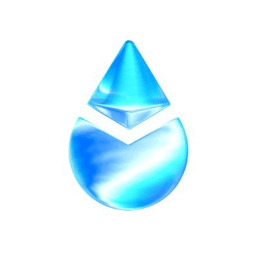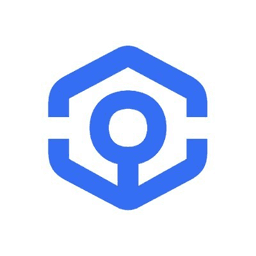Dapp - বিকেন্দ্রীভুত অ্যাপ্লিকেশন
ইথেরিয়াম-চালিত টুলস এবং পরিষেবা
Dapps হলো এমন অ্যাপ্লিকেশনগুলির একটি ক্রমবর্ধমান আন্দোলন যা ব্যবসায়িক মডেলগুলিকে ব্যাহত করতে বা নতুন উদ্ভাবনের জন্য ইথেরিয়াম ব্যবহার করে।
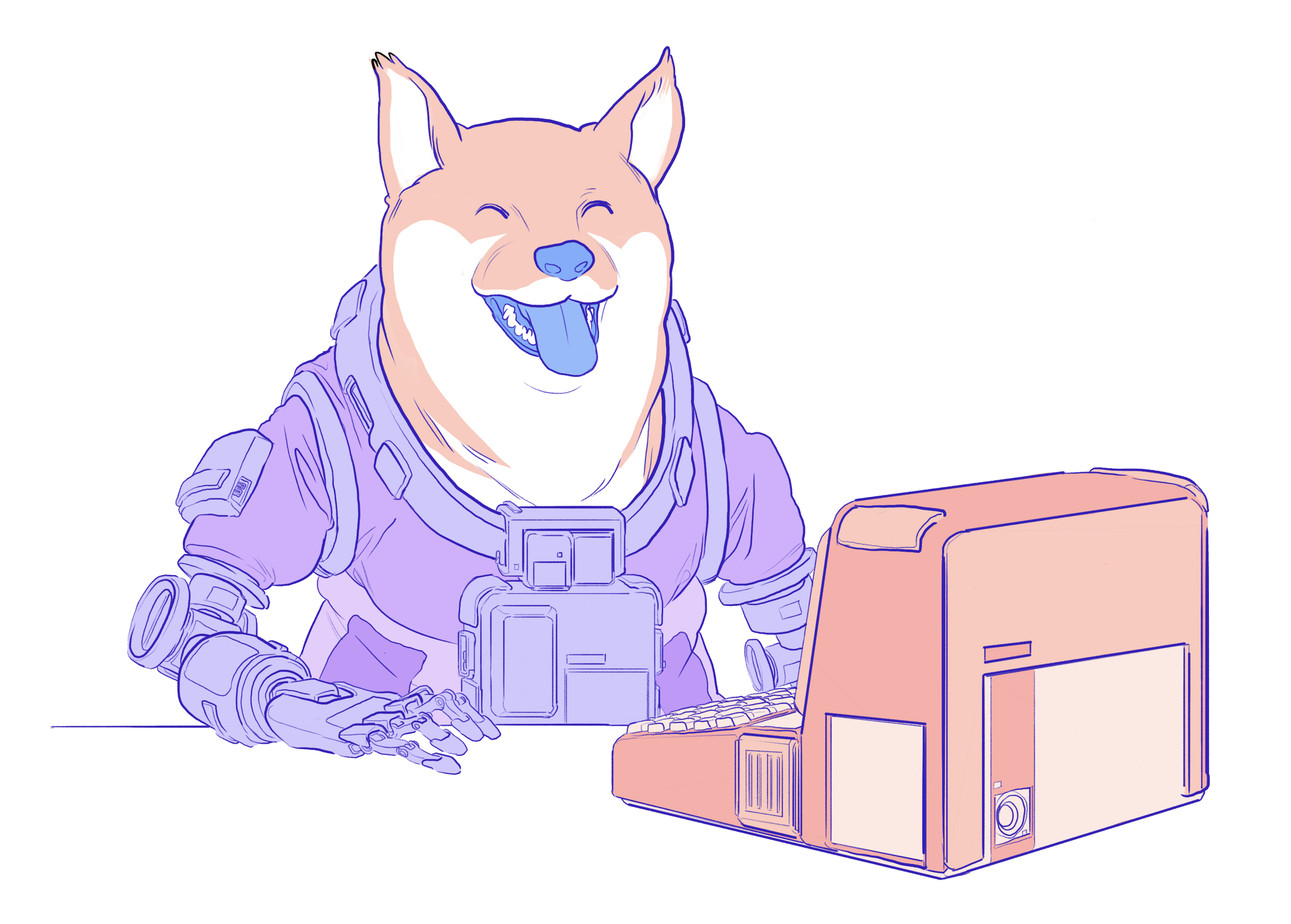
শু্রু করুন
একটি dapp ব্যবহারের চেষ্টা করতে, আপনার একটি ওয়ালেট এবং কিছু ETH প্রয়োজন হবে। একটি ওয়ালেট আপনাকে সংযোগ করতে বা লগ ইন করার অনুমতি দিবে। এবং যেকোনো লেনদেনের ফি দিতে আপনার ETH-এর প্রয়োজন হবে।
Beginner friendly
A few dapps that are good for beginners. Explore more dapps below.

Uniswap
সহজে আপনার টোকেন অদলবদল করুন। একটি কমিউনিটির প্রিয় যা আপনাকে নেটওয়ার্ক জুড়ে লোকেদের সাথে টোকেন ট্রেড করতে দেয়।

OpenSea
সীমিত সংস্করণের পণ্য কিনুন, বিক্রি করুন, আবিষ্কার করুন এবং ব্যবসা করুন।
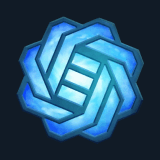
Gods Unchained
কৌশলগত ট্রেডিং কার্ড খেলা। কার্ড উপার্জন করুন যা আপনি বাস্তব জীবনে বিক্রি করতে পারেন।

Ethereum Name Service
ব্যবহারকারীরা ভালোভাবে জানেন এমন ইথেরিয়াম এড্রেস এবং বিকেন্দ্রীভূত সাইটগুলির নাম।
Dapps এক্সপ্লোর করুন
অনেক dapps এখনও পরীক্ষামূলক, বিকেন্দ্রীভূত নেটওয়ার্কের সম্ভাবনা পরীক্ষা করছে। তবে প্রযুক্তি, আর্থিক, গেমিং এবং সংগ্রহযোগ্য-সামগ্রী বিভাগে কিছু সফল আরলি মুভার্স রয়েছে।
বিভাগ নির্বাচন
বিকেন্দ্রীভূত অর্থায়ন
এগুলি এমন অ্যাপ্লিকেশন যা ক্রিপ্টোকারেন্সি ব্যবহার করে আর্থিক পরিষেবাগুলি তৈরি করার উপর ফোকাস করে। তারা ধার দেওয়া, ধার নেওয়া, সুদ উপার্জন এবং ব্যক্তিগত অর্থপ্রদানের পছন্দগুলি অফার করে – এতো কোনও ব্যক্তিগত ডেটার প্রয়োজন নেই।
সর্বদা আপনার নিজস্ব গবেষণা করুন
ইথেরিয়াম একটি নতুন প্রযুক্তি এবং বেশিরভাগ অ্যাপ্লিকেশনই নতুন। বেশি পরিমাণ টাকা জমা দেওয়ার আগে, নিশ্চিত হয়ে নিন আপনি এর ঝুঁকি বুঝেছেন।ধার দেওয়া এবং ধার করা
 যানAaveআপনার টোকেন ধার দিন সুদ উপার্জন করতে এবং যেকোনো সময় প্রত্যাহার করুন।
যানAaveআপনার টোকেন ধার দিন সুদ উপার্জন করতে এবং যেকোনো সময় প্রত্যাহার করুন। যানCompoundআপনার টোকেন ধার দিন সুদ উপার্জন করতে এবং যেকোনো সময় প্রত্যাহার করুন।
যানCompoundআপনার টোকেন ধার দিন সুদ উপার্জন করতে এবং যেকোনো সময় প্রত্যাহার করুন।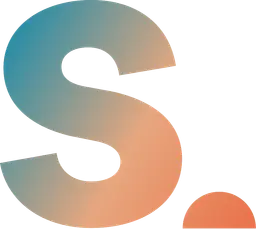 যানSummer.fiTrade, borrow, and save with Dai, an Ethereum stablecoin.
যানSummer.fiTrade, borrow, and save with Dai, an Ethereum stablecoin. যানPWNইথেরিয়াম-এ যেকোনো টোকেন বা NFT দ্বারা ব্যাকড ঋণকে সহজ করে।
যানPWNইথেরিয়াম-এ যেকোনো টোকেন বা NFT দ্বারা ব্যাকড ঋণকে সহজ করে। যানYearnYearn Finance হলো একটি ফলন সমষ্টিকারী। ব্যক্তি, DAO এবং অন্যান্য প্রোটোকলগুলিকে ডিজিটাল সম্পদ জমা করার এবং ফলন পাওয়ার উপায় দিচ্ছে।
যানYearnYearn Finance হলো একটি ফলন সমষ্টিকারী। ব্যক্তি, DAO এবং অন্যান্য প্রোটোকলগুলিকে ডিজিটাল সম্পদ জমা করার এবং ফলন পাওয়ার উপায় দিচ্ছে। যানConvexCovex কার্ভ লিকুইডিটি প্রদানকারীদের ট্রেডিং ফি উপার্জন করতে এবং তাদের CRV লক না করেই বুস্টেড CRV দাবি করতে দেয়।
যানConvexCovex কার্ভ লিকুইডিটি প্রদানকারীদের ট্রেডিং ফি উপার্জন করতে এবং তাদের CRV লক না করেই বুস্টেড CRV দাবি করতে দেয়।
Bridges
 যানAcrossAcross is a multi-chain bridge that allows users to transfer assets between different chains.
যানAcrossAcross is a multi-chain bridge that allows users to transfer assets between different chains. যানHopHop is a multi-chain bridge that allows users to transfer assets between different chains.
যানHopHop is a multi-chain bridge that allows users to transfer assets between different chains. যানStargateStargate is a multi-chain bridge that allows users to transfer assets between different chains.
যানStargateStargate is a multi-chain bridge that allows users to transfer assets between different chains.
পোর্টফোলিও
 যানZapperআপনার পোর্টফোলিও ট্র্যাক করুন এবং একটি ইন্টারফেস থেকে DeFi পণ্যগুলির একটি পরিসর ব্যবহার করুন।
যানZapperআপনার পোর্টফোলিও ট্র্যাক করুন এবং একটি ইন্টারফেস থেকে DeFi পণ্যগুলির একটি পরিসর ব্যবহার করুন। যানZerionআপনার পোর্টফোলিও পরিচালনা করুন এবং বাজারে প্রতিটি একক DeFi সম্পদ মূল্যায়ন করুন।
যানZerionআপনার পোর্টফোলিও পরিচালনা করুন এবং বাজারে প্রতিটি একক DeFi সম্পদ মূল্যায়ন করুন। যানRotkiওপেন সোর্স পোর্টফোলিও ট্র্যাকিং, বিশ্লেষণ, অ্যাকাউন্টিং এবং ট্যাক্স রিপোর্টিং টুল যা আপনার গোপনীয়তাকে সম্মান করে।
যানRotkiওপেন সোর্স পোর্টফোলিও ট্র্যাকিং, বিশ্লেষণ, অ্যাকাউন্টিং এবং ট্যাক্স রিপোর্টিং টুল যা আপনার গোপনীয়তাকে সম্মান করে।
গণ - অর্থায়ন
 যানGitcoin Grantsপরিবর্ধিত অবদান সহ ইথেরিয়াম কমিউনিটি প্রকল্পের জন্য গণ-অর্থায়ন
যানGitcoin Grantsপরিবর্ধিত অবদান সহ ইথেরিয়াম কমিউনিটি প্রকল্পের জন্য গণ-অর্থায়ন
Derivatives
 যানSynthetixSynthetix হলো সিন্থেটিক সম্পদ ইস্যু এবং ট্রেড করার জন্য একটি প্রোটোকল
যানSynthetixSynthetix হলো সিন্থেটিক সম্পদ ইস্যু এবং ট্রেড করার জন্য একটি প্রোটোকল
Want to browse more apps?
জাদু পিছনে বিকেন্দ্রীভূত অর্থায়ন
ইথেরিয়াম সম্পর্কে এটি কী যা বিকেন্দ্রীভূত আর্থিক অ্যাপ্লিকেশনগুলিকে সমৃদ্ধ হতে দেয়?
সবার প্রবেশাধিকার
ইথেরিয়াম-এ চলমান আর্থিক পরিষেবাগুলির কোনও সাইন আপের প্রয়োজনীয়তা নেই। আপনার যদি ফান্ড এবং একটি ইন্টারনেট সংযোগ থাকে তবে আপনি যেতে পারেন।
একটি নতুন টোকেন অর্থনীতি
টোকেনগুলির একটি সম্পূর্ণ দুনিয়া রয়েছে যাতে আপনি এই আর্থিক পণ্যগুলির সাথে যোগাযোগ করতে পারেন। লোকেরা সর্বদা ইথেরিয়ামের উপরে নতুন টোকেন তৈরি করছে।
স্টেবলকয়েন
দলগুলি স্টেবলকয়েন তৈরি করেছে - একটি কম পরিবর্তনশীল ক্রিপ্টোকারেন্সি। এগুলি আপনাকে ঝুঁকি এবং অনিশ্চয়তা ছাড়াই ক্রিপ্টো পরীক্ষা এবং ব্যবহার করার অনুমতি দেয়।
আন্তঃসংযুক্ত আর্থিক পরিষেবা
ইথেরিয়াম স্পেসের আর্থিক পণ্যগুলি সমস্ত মডুলার এবং একে অপরের সাথে সামঞ্জস্যপূর্ণ। এই মডিউলগুলির নতুন কনফিগারেশনগুলি সর্বদা বাজারে প্রভাব ফেলছে, আপনার ক্রিপ্টো দিয়ে আপনি যা করতে পারেন তা বাড়িয়ে দিচ্ছে।

Dapps এর পিছনের জাদু
Dapps গুলি রেগুলার অ্যাপের মতো মনে হতে পারে। কিন্তু পর্দার আড়ালে তাদের কিছু বিশেষ গুণ রয়েছে কারণ তারা ইথেরিয়াম-এর সমস্ত পরাশক্তির উত্তরাধিকারী। Dapps গুলিকে কী অ্যাপ থেকে আলাদা করে তোলে তা এখানে রয়েছে।
কী কারণে ইথেরিয়ামকে দারুণ বলে মনে হয়?কোনও মালিক নেই
একবার ইথেরিয়ামে স্থাপন করা হলে, dapp কোড নামানো যাবে না। এবং যে কেউ dapp এর ফিচারসমূহ ব্যবহার করতে পারে। এমনকি dapp এর পিছনের দলটি ভেঙে দিলেও আপনি এটি ব্যবহার করতে পারেন। একবার ইথেরিয়াম এ চলে গেলে, এটি সেখানে থাকে।
সেন্সরশিপ থেকে মুক্ত
অন্তর্নির্মিত পেমেন্ট
প্লাগ এবং খেলা
একটি বেনামী লগইন
ক্রিপ্টোগ্রাফি দ্বারা ব্যাকড
কোনও ডাউন টাইম নেই
Dapps কিভাবে কাজ করে
Dapps-এর ব্যাকএন্ড কোড (স্মার্ট কন্ট্রাক্ট) একটি বিকেন্দ্রীভূত নেটওয়ার্কে চলছে এবং সেন্ট্রালাইজড সার্ভার নয়। তারা তাদের অ্যাপ লজিকের জন্য ডেটা স্টোরেজ এবং স্মার্ট কন্ট্র্যাক্ট এর জন্য ইথেরিয়াম ব্লকচেইন ব্যবহার করে।
একটি স্মার্ট কন্ট্র্যাক্ট হলো কিছু নিয়মের একটি সেটের মতো যা সকলের জন্য সেই নিয়ম অনুসারে সঠিকভাবে দেখতে এবং চালানোর জন্য অন-চেইন থাকে। একটি ভেন্ডিং মেশিন কল্পনা করুন: আপনি যদি এটিকে পর্যাপ্ত ফান্ড এবং সঠিক নির্বাচন দিয়ে সরবরাহ করেন তবে আপনি আপনার পছন্দের জিনিসটি পাবেন। এবং ভেন্ডিং মেশিনের মতো, স্মার্ট কনট্র্যাক্ট গুলো আপনার ইথেরিয়াম অ্যাকাউন্টের মতো ফান্ড ধরে রাখতে পারে। এটি কোডকে চুক্তি এবং লেনদেনের মধ্যস্থতা করার অনুমতি দেয়।
একবার ইথেরিয়াম নেটওয়ার্কে dapps গুলি স্থাপন করা হলে আপনি সেগুলি পরিবর্তন করতে পারবেন না। Dapps বিকেন্দ্রীকরণ করা যেতে পারে কারণ তারা কনট্র্যাক্টে লেখা যুক্তি দ্বারা নিয়ন্ত্রিত হয়, কোনো ব্যক্তি বা কোম্পানির দ্বারা নয়।








